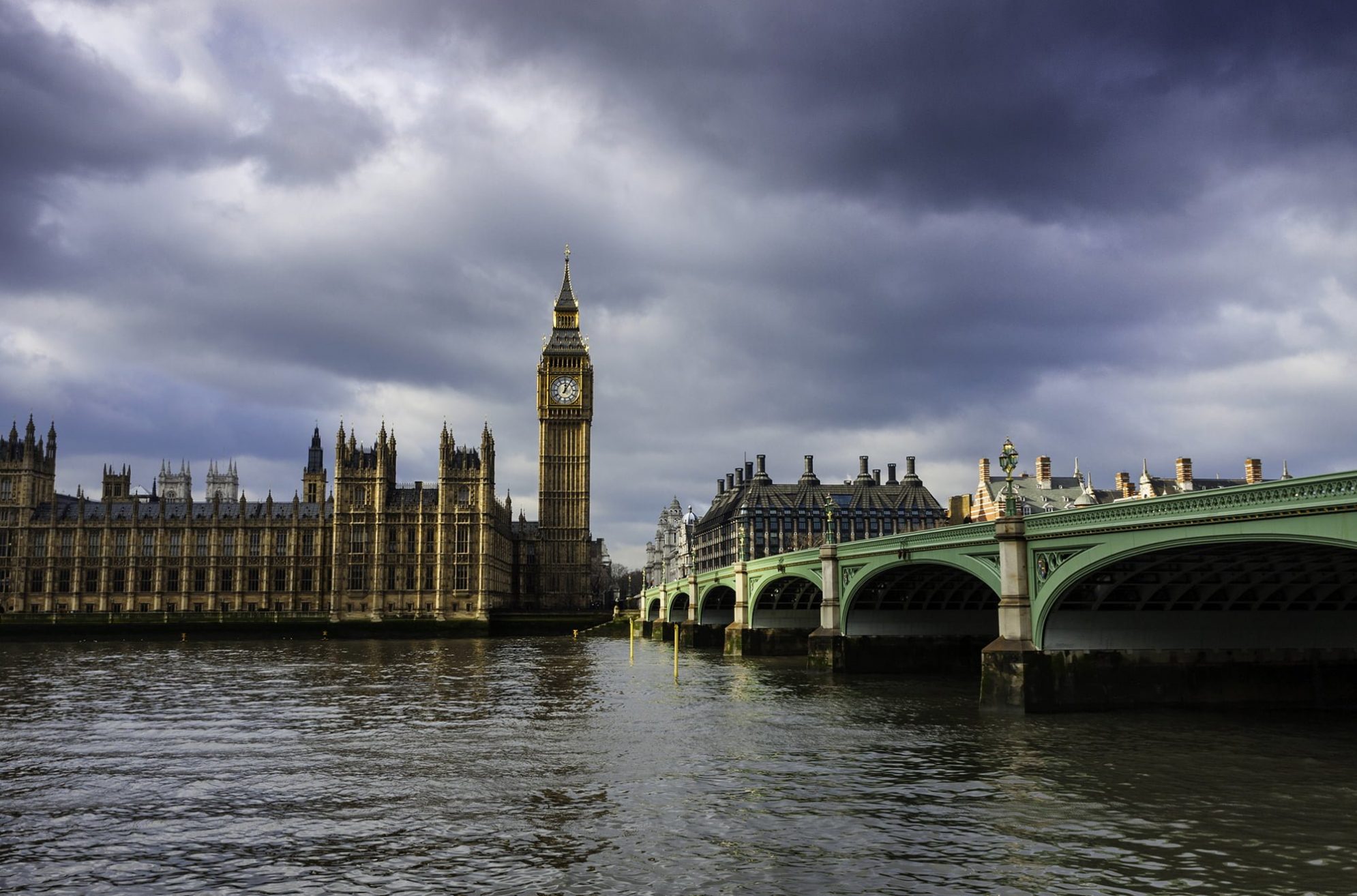
The Conservative leadership candidates – where do they stand on transport and healthcare?
We are in the last leg of the battle for Conservative Party leadership and, by proxy, the position of prime minister. The race so far has been entertaining (see Rory Stewart awkwardly removing an item of clothing mid-BBC debate), enlightening (we are now all aware of the candidates’ respective substance abuse histories) and at many times, sobering.
After several ballots and rounds of media hustings (not forgetting the infamous empty chair), Boris Johnson remains a frontrunner, having received 72% in a recent Conservative Home poll.
The candidates’ stances on Brexit is at the forefront of many people’s minds, but what do they think about other nationally-significant issues? Here we take a look at some of their policy positions on health and transport matters.
Boris Johnson
Transport
Although he expressed reluctant support for the project in the ITV hustings, Johnson previously caused a stir with claims that he has already made plans to commission a review into High Speed 2 (HS2), in a move that has been branded “premature” by shadow transport secretary, Andy McDonald. The review, intended to be carried out by former HS2 chairman Douglas Oakervee, is intended to establish “whether and how” the £56billion project should go on. The move contrasts with a promise from business secretary Greg Clark that HS2 will be completed regardless of who secures the position as the new prime minister.
Looking back, while serving as Mayor of London, Johnson oversaw substantial investments in the city’s transport network. Works on Crossrail began under his time in office and, according to statistics, Transport for London services improved. He also famously pushed through large expansions to the city’s cycling network (to the extent that even today “Boris Bikes” remains common parlance) and set the wheels in motion for the now-defunct Garden Bridge project.
Healthcare
Johnson attracted mass discussion and debate for the so-called ‘Brexit buses’, which toured the country ahead of 2016’s referendum. Johnson is reported as the source of the claim – painted onto the buses – that an alleged £350million per week could be diverted from EU payments into the NHS if the country voted to leave. This figure has since proved to be inaccurate, and even saw Johnson brought to court (albeit, unsuccessfully) over the matter.
Otherwise, his healthcare voting history is somewhat bleak, with a record of voting against smoking bans, despite advice from his Mayoral health advisers to introduce city-wide bans in London. It is safe to say there is little to write home about when it comes to Johnson’s history with healthcare and the NHS.

Jeremy Hunt
Transport
It’s not just Brexit that Hunt and Johnson disagree on. At most, Johnson appears unconvinced by HS2. Hunt on the other hand, is one of the most vehement supporters of the project. He has voiced his support over Twitter, calling the line “absolutely vital” and praised it in his party conference speech last year.
A look at Hunt’s transport voting record shows that outside the realm of HS2, he has more or less voted in line with his Conservative colleagues; voting against both a publicly-owned railway system and measures to slow rail fare increases.
Healthcare
As the ex-secretary of state for health, there is more to report on Hunt’s stance on the NHS than Johnson. Appointed in 2012, he went on to hold the post for a record-breaking amount of time, until 2018. He was dealt a difficult hand, most notably being handed the slowest investment in the NHS since its inception. The portion of the population aged over 85 also increased by a third during his time in office.
Hunt is perhaps most well-known and characterised by his overhaul of junior doctors’ contracts. In an attempt to hold true to the Tories’ manifesto promise of a seven-day NHS, Hunt proposed categorising evening and weekend hours as ‘normal’ rather than ‘unsocial’.
Subsequently, doctors across the country walked out on strike and for the first time in NHS history, leaving emergency services unattended between 08:00 and 17:00. Polls revealed that the public supported the strikes, and the majority of people subsequently blamed the government.
However, Hunt did help to negotiate the increased NHS funding package, which will equate to £20.5bn by 2023. He also introduced a new duty of candour for patient care and oversaw the reallocation of council budgets to commission social care, when this area was added to his remit in 2018.
What happens next?
The final say on who will be our country’s next leader has been put to the 160,000 members of the Conservative Party, with well over half of members having cast their votes already. The remaining few have until 22 July to have their say. By 23 July, it will become clear who is to take the helm from Theresa May and navigate the imminent Brexit deadline of 31 October, as well as other pressing national issues beyond this.
Healthcare and transport are just two of the topics our public affairs team specialises in. Through gathering political intelligence, closely monitoring parliamentary and media activity, and providing senior counsel, among other services, the team provides award-winning services to its range of clients.
